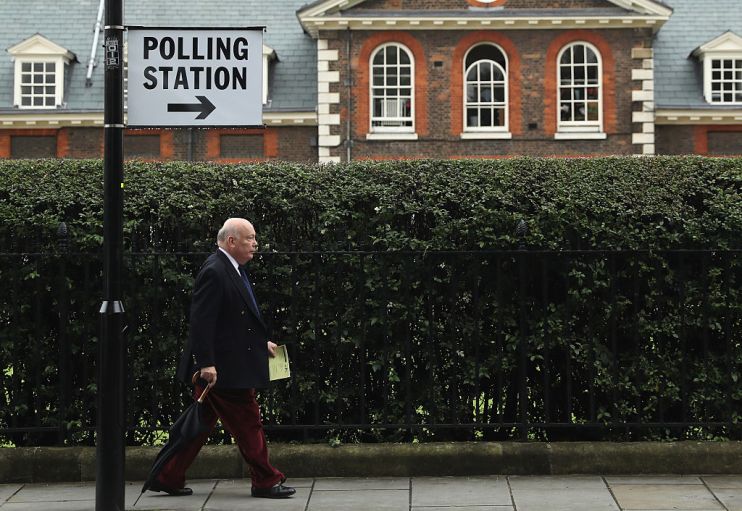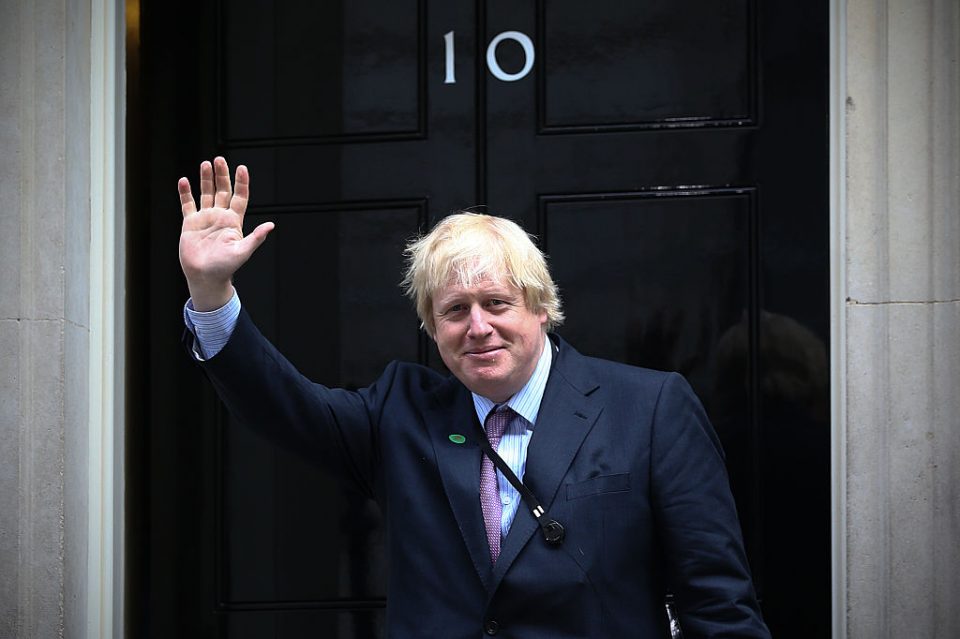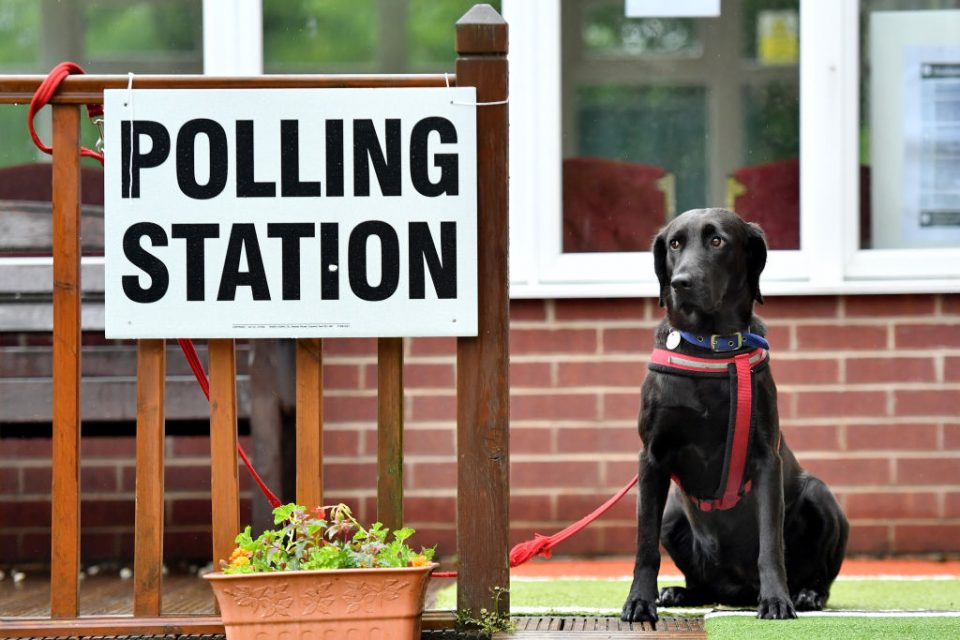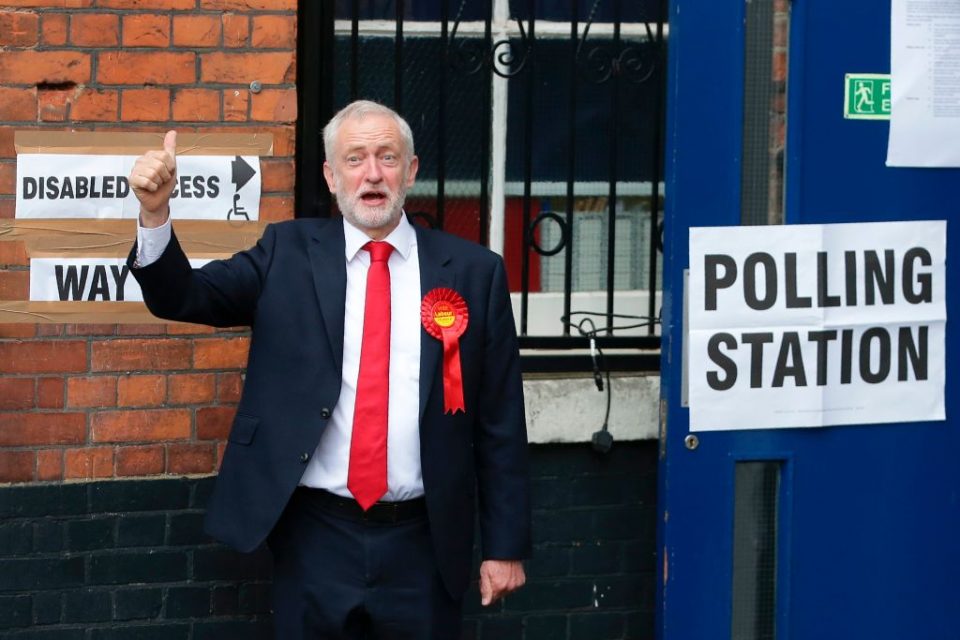Could there be a UK general election in 2019?

Boris Johnson suffered his first parliamentary defeat as Prime Minister last night as 21 of his own Conservative MPs rebelled against him on a crucial bill – could he now call a UK general election?
The PM lost a vote by 328 votes to 301 that means the Commons will today decide whether or not to force him to seek an extension to the Brexit deadline of 31 October.
Read more: Sterling beats $1.22 after MPs rip up Boris Johnson’s Brexit strategy
Johnson has hit back by threatening to bring forward a UK general election into this year.
The Prime Minister has said he doesn’t want a general election, but that hasn’t stopped him from pushing for one in parliament today.
From his perspective, he faces little alternative: the former London mayor has pledged to pull the UK out of the EU in a “do or die” Brexit come Halloween, whether or not a deal is agreed.
Approaching the EU to ask for a three-month extension to prolong talks over a Brexit deal would force Johnson to break this promise.
Why would Boris Johnson call a UK general election in 2019?

The next UK general election is not due until 5 May 2022, which would mark five years since the last general election back in 2017.
Johnson may feel he simply cannot wait that long. The defection of Conservative MP Phillip Lee to the Liberal Democrats last night wiped out the Prime Minister’s paper-thin parliamentary majority of one.
Meanwhile a total 21 Tory MP rebels voted against the government to seal Johnson’s defeat.
He has committed himself to sacking all of the rebels, including Winston Churchill’s grandson, Sir Nicholas Soames.
That will reduce the Tory ranks even further.
Read more: The 21 Tory MPs Boris sacked after Brexit blow
Meanwhile, a UK general election victory for the Conservatives could swell the number of seats the party controls in parliament.
A decisive victory would make it easier for Johnson to pass laws and secure the Brexit he wants.
How could Boris call a UK general election?

Frustratingly for Johnson, he cannot simply force a general election.
Instead, under the 2010 Fixed-Term Parliaments Act a snap election requires the support of at least two-thirds of MPs. That means the magic number Boris must target is 434.
His task is made more difficult by Labour, a party most polls do not favour in a general election.
Leader Jeremy Corbyn has said the party would only agree to a general election if Johnson commits to passing legislation that makes a no-deal Brexit illegal.
That almost certainly will not happen, given Johnson’s stance on quitting the bloc.
When would an election happen?
Boris Johnson has proposed to hold a UK general election on 15 October 2019.
Given that the Prime Minister has prorogued parliament until 14 October, that means a new set of politicians could take their seats after the Commons’ five-week suspension.
That leaves around two weeks until the 31 October Brexit deadline.
But there is a risk that the government could move the date of a general election until after Brexit.
That would mean the UK could fall out of the EU without a deal altogether.
However, Labour have said they will only back a new election if the Benn-Burt bill passes. The bill, due to be voted on today, would stop the government from pushing the date of an election back until November.
Who would win a UK general election?

Despite Johnson’s parliamentary defeat and decision to suspend the Commons, various polls suggest he holds the majority of the public’s support.
While the polls and predictions differ, Labour doesn’t come close to challenging the Conservatives in any predictions for a UK general election.
Let’s have a look at some of them:
Yougov
A Yougov poll for the Times conducted over the last two days found the Conservatives hold a commanding lead over their rivals.
Conservatives 35 per cent
Labour 25 per cent
Liberal Democrats 16 per cent
Brexit party 11 per cent
Oddschecker
Oddschecker puts the Tories’ chance of winning a majority at 75 per cent, or ⅓.
Meanwhile Labour only have a 20 per cent chance of beating the Tories to deliver a majority.
Sporting Index
Bookmaker Sporting Index has forecast a damaging election result for Labour under Corbyn, predicting the party will shed 46 seats to the Tories and Lib Dems.
The Lib Dems could gain 27 seats to bring their total to 39, the bookies added.
But the Tories stand to gain a majority of 339 seats.
Conservatives 339 seats
Labour 216 seats
Liberal Democrats 39 seats
SNP 33 seats
Brexit party 1 seat
Green party 1 seat
Conservative Group for Europe
Unusually, a survey of 10,000 adults for Conservative Group for Europe predicted a snap general election could deliver a hung parliament, where no party has a majority.
It also found that the SNP would get a boost from anti-Brexit Scottish voters, adding 17 seats to bring them to a strong total of 52 seats in parliament.
Read more: Rebel, rebel: Boris faces day two of Brexit defiance
Conservatives 311 seats
Labour 242 seats
SNP 52 seats
Liberal Democrats 21 seats
Plaid Cymru 4 seats
Green Party 1 seat
All images credited to Getty